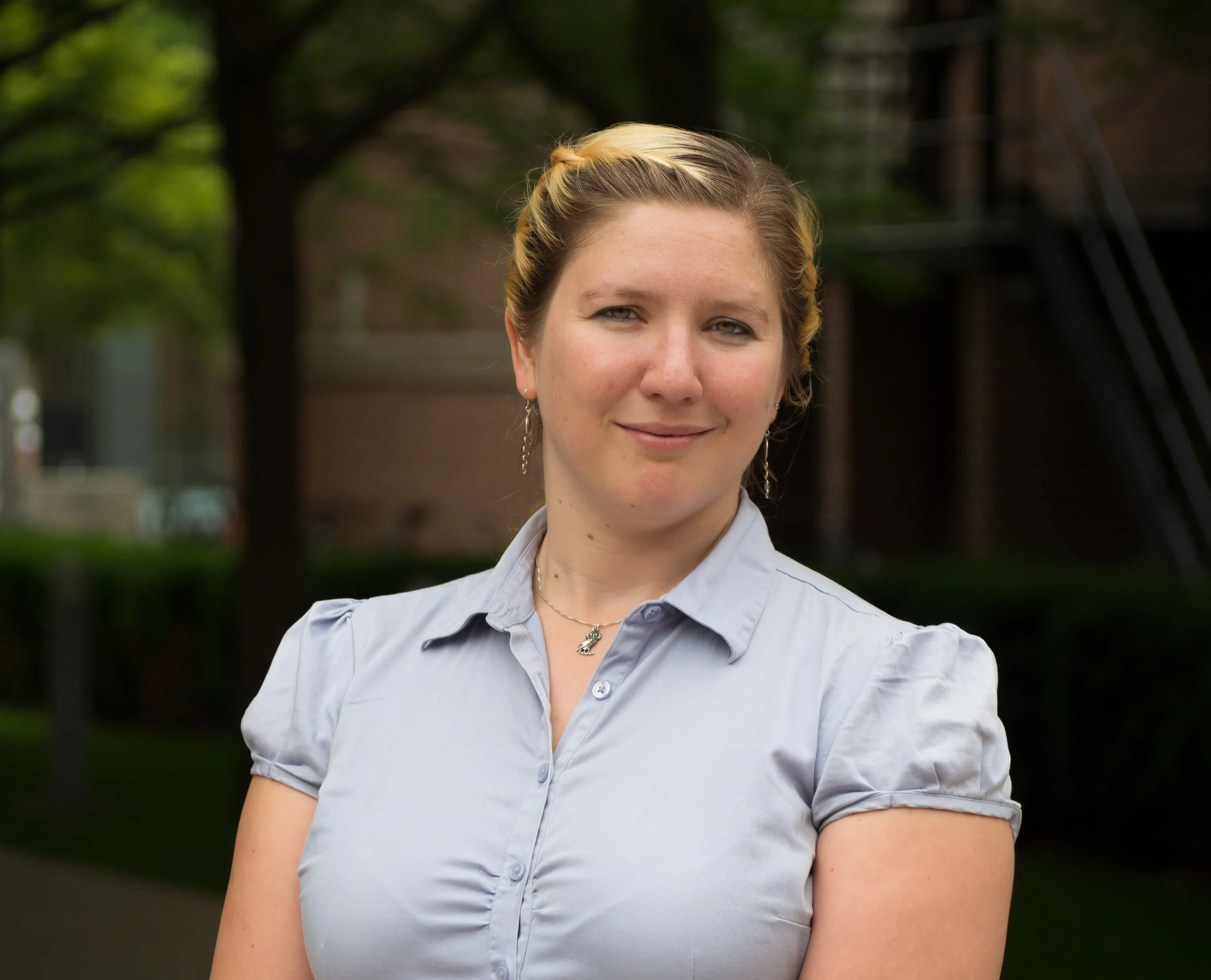Women in Stem: Dr. Ilana MacDonald
/With our Women in STEM event just a month away, we introduce our YWiB community to our second panelist: Dr. Ilana MacDonald. Dr. MacDonald is an Instructional Support and Observatory/Planetarium Administrator for the Department of Astronomy & Astrophysics at the University of Toronto and will be representing the Science field of our panel discussion. We are pleased to have her contribute to this important discussion on women working in STEM and to learn how she has managed to forge ahead at a time when most women are leaving their respective fields.
What made you want to participate in this panel discussion?
I'm always interested in any opportunity to meet other women working in STEM fields and to share my story. I started along an academic path and realized that it wasn't for me, and I would like to help others realize that sometimes your career can take unexpected twists and turns.
What are some things you do outside of work to help you develop personally and professionally?
I mostly try to keep my work and personal life separate, but I do tend to gravitate towards all things astronomy. That means that I like to go to and help out with public astronomy events and to keep up with astronomy news on my own time.
What has been the biggest learning curve in your career?
The biggest learning curve for me has been to realize my own worth and what I'm good at. When I started my post-secondary education, I was so sure that I wanted to be a scientific researcher, and to follow the traditional academic path (get a PhD, get a post-doc, become a professor). I discovered part-way through my PhD that I really disliked doing research itself, even though I loved the ideas behind it. It took a lot of soul-searching to admit to myself that I was much better at doing public outreach and working in education, and that I enjoyed it a lot more than research. Now I feel like I know what I'm really good at, and I feel like I can take pride in the things I really excel at.
When you think about your journey thus far, what would you say was the one trait that helped you get you to where you are today?
I think the main thing that ultimately helped me the most in getting to where I am now was my willingness to try a bunch of things until I ultimately found something that I loved enough to make a career out of. After finishing my PhD, I floated around and picked up every part-time job that seemed interesting, including science consultation for a documentary, private math tutoring, and a bit of graphic design. At one point I had 7 part-time jobs! Eventually, I was able to cut out the things that I didn't enjoy as much and focus on the things I could see myself doing for a while. It also allowed me to try out a whole bunch of things that I wouldn't necessarily have been able to do had I just taken on one full-time job after graduation.
What advice would you give to other women working in STEM?
Always maintain your network. I actually applied for relatively few jobs during my career journey, and most of the work I was hired for was through the connections I had made and maintained in Astronomy and elsewhere. The first job I got after graduation was the result of a conversation with my local coffee shop owner. My most recent job at the Astronomy Department at UofT was the result of my involvement with the UofT planetarium after graduation. You never know if your next job is a random conversation away!
Who do you look up to and why?
I look up to people in my field who devote their time to promoting science outreach and education. I would love someday to be a science communicator like Carl Sagan or Neil DeGrass Tyson, and so look up to role models who are striving for the same goals. I also look up to women in STEM fields who have stuck it out after receiving their doctorate and are now established in academia. It's tough to stick to that career path as a woman, and I admire those who are now accomplished research scientists.
Dr. Ilana MacDonald grew up in a small town in rural Quebec where she was inspired by the clear night skies and her father's "midlife crisis telescope" to study Astronomy. She completed her Bachelors of Science in Physics at Bishop's University, and her Doctorate in Astronomy & Astrophysics at the University of Toronto, studying under Prof. Harald Pfeiffer. Her doctoral research topic was to test the accuracy of models of ripples in spacetime, that is, gravitational waves, from binary black holes for detectors such as LIGO. Since graduating with her PhD in 2013, Dr. MacDonald has decided to pursue a career in STEM outreach and education, and has tried everything from working in a Math tutoring centre to being a science consultant for a documentary. She currently works in the Department of Astronomy & Astrophysics managing some of the largest courses at the University of Toronto, as well as creating and presenting planetarium shows. In her free time, Dr. MacDonald enjoys reading science fiction, knitting, playing the ukulele, and riding around Toronto on her bicycle.


